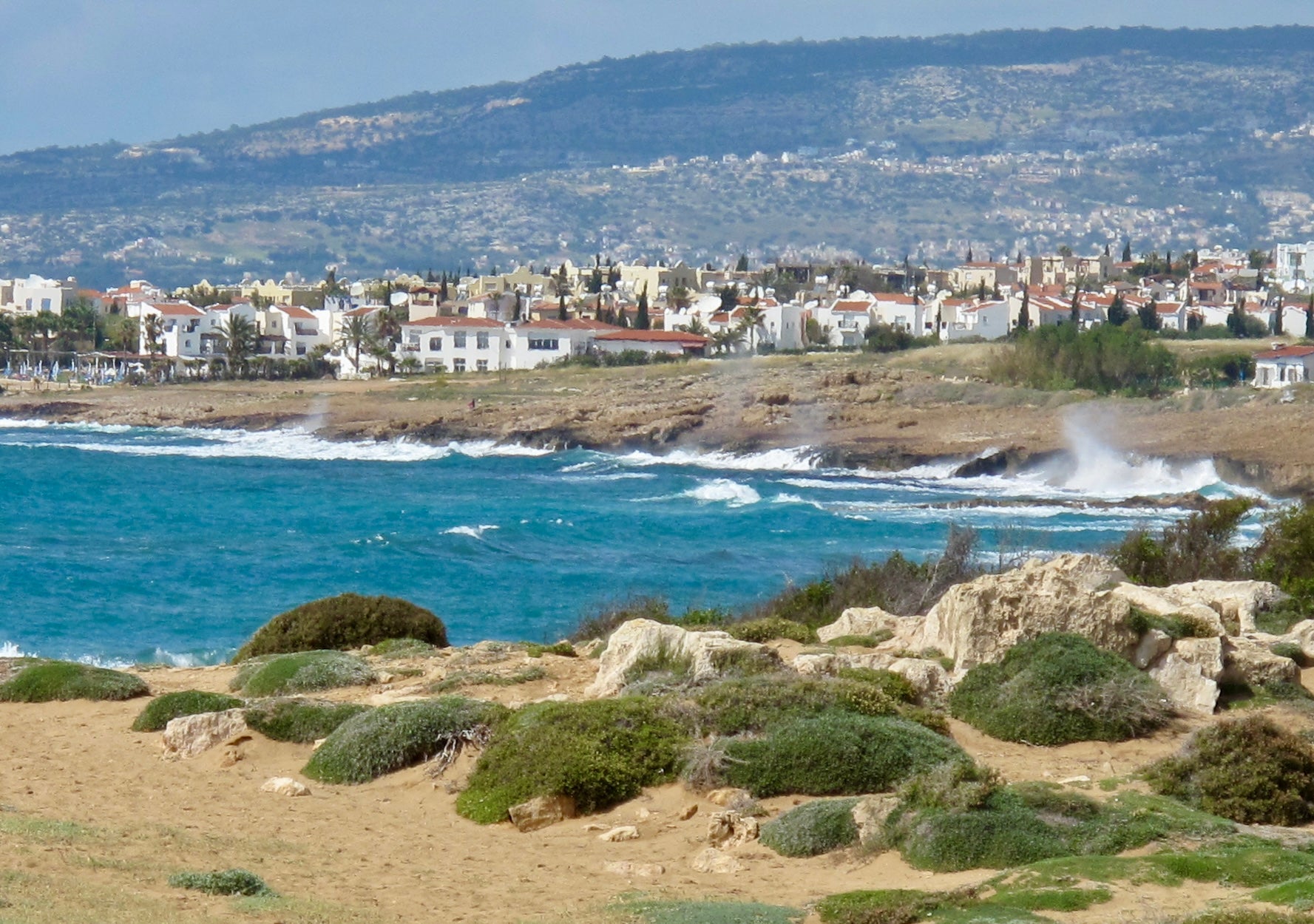Some holidaymakers currently in Cyprus or those with trips booked to the island may have been looking at the map of the eastern Mediterranean with concern, given the Foreign Office warning of “ongoing hostilities in the region”.
Now, after days of escalating conflict between Israel and Iran, a ceasefire deal proposed by US President Donald Trump appears to be tentatively holding.
The ceasefire was put in place on 24 June, but Israel’s defence minister claimed Iran had violated the agreement by launching strikes, which Iran has denied.
Israel, only 145 miles from the popular Cypriot resort of Ayia Napa, launched airstrikes on Iran on 13 June, and the two countries have since continued to carry out attacks back and forth. The US then became involved after launching attacks on Tehran’s nuclear facilities over the weekend.
Meanwhile, Syria and Lebanon, with serious security concerns, are even closer to the island. The UK has two Sovereign Bases in Cyprus, which the foreign secretary, David Lammy, describes as “hugely important at this time”.
Despite the recent regional conflict, airlines and holiday companies are continuing with their normal terms and conditions – with someone who chooses not to travel likely to lose some or all of their money.
These are the key questions and answers.
What is happening at the island’s airports?
At Larnaca airport, the main hub for Cyprus, flights have been operating as normal over the past few days.
Paphos, in the west of the island, is also operating normally.
What warnings does the UK government have for travellers to Cyprus?
“Ongoing hostilities in the region and between Israel and Iran could escalate quickly and pose security risks for the wider region,” says the Foreign Office travel advice for Cyprus. “You should monitor local and international media for the latest information [and] be vigilant and follow the instructions of local authorities.”
It adds: “Although there’s no recent history of terrorism in Cyprus, attacks cannot be ruled out.”
The travel advice also discusses the north of Cyprus. The Foreign Office says: ”FCDO can only provide limited consular support if you are visiting areas in the north that are not under control of the Republic of Cyprus.”
What do other governments say?
Official travel advice issued by the governments of Ireland, Australia, Canada and the US does not raise any concerns about the conflict in the Middle East. The strongest warning is from Australia, which says: “Exercise a high degree of caution in Cyprus due to the active UN peacekeeping operation in the country.”
I am still concerned. Can I claim a refund?
As the Foreign Office does not warn against travel to Cyprus, there is no prospect of being able to cancel a trip for a full refund. Neither will travel insurance be of help; the insurer will say that there is no reason not to go.

Any other ideas?
A proper package holiday can be transferred to someone else on payment of a nominal fee – typically £50.
Alternatively, your holiday company may possibly offer the chance to switch to a different destination if there is capacity elsewhere.
Regrettably, if you have booked a “flight only” trip, the airline is likely to impose its normal terms and conditions.
What if circumstances in Cyprus deteriorate?
Were the Foreign Office to warn against travel to Cyprus, people with package holidays booked for imminent departure would be entitled to a full refund. Airlines are likely also to offer refunds. Holidaymakers already on the island would be flown home as soon as possible.
What about ferry links?
The summer-only car ferry between Limassol in Cyprus and Piraeus (the port for Athens) is running as normal for the summer season. The journey time is 31 hours each way, with the last sailing at the start of September.
Ferries run between Kyrenia in the north of Cyprus to Tasucu in southern Turkey. They are sailing as normal and take under three hours.
Would you book a holiday to Cyprus?
Yes. It is a beautiful, cultured, friendly and warm country. But I would book a proper package holiday to get maximum consumer protection in the event of any problem.

